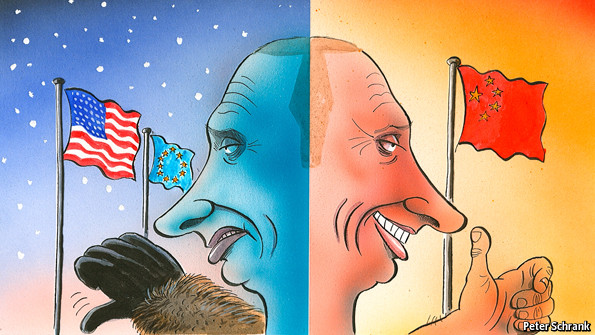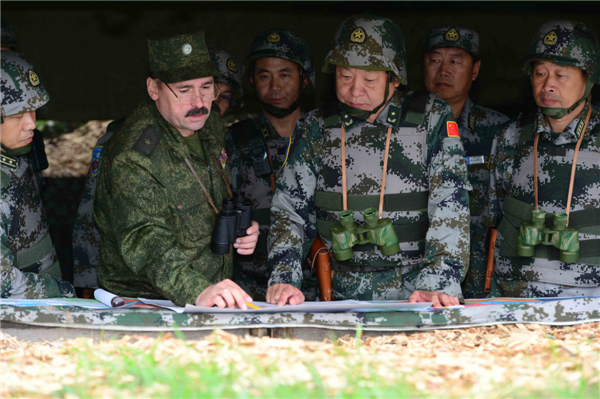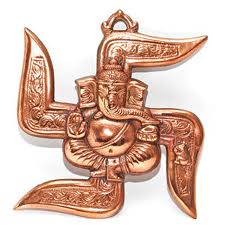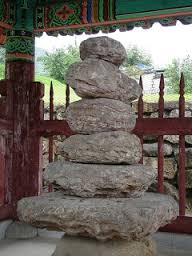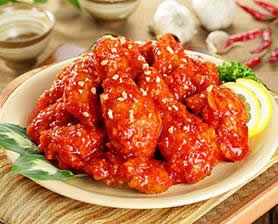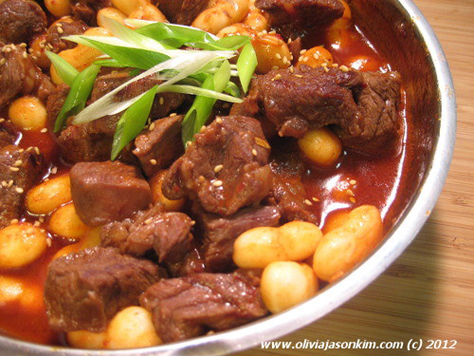.
.
.
.
It is clear that Jewish leadership through the USA, Jewish shekels, rap music, hip-hop, endless war, Jewish paedophilia, Kab-allah and satanic worship....and crisis management is not what the world needs or wants.
The World needs the just, balanced leadership of CHINA.
____________________________________________________
The Outlook for the
New Year
.
By Paul Craig Roberts at Information Clearing House.
.
- Washington has shaped 2015 to be a year of
conflict. The conflict could be intense.
. 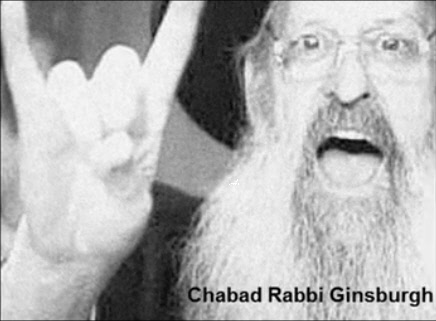
Washington is the cause of
the conflict, which has been brewing for
some time. Russia was too weak to do
anything about it when the Clinton regime
pushed NATO to Russia’s borders and
illegally attacked Yugoslavia, breaking the
country into small easily controlled pieces.
Russia was also too weak to do anything
about it when the George W. Bush regime
withdrew from the ABM treaty and undertook
to locate anti-ballistic missile bases on
Russia’s borders. Washington lied to Moscow
that the purpose of the ABM bases is to
protect Europe from non-existent Iranian
nuclear ICBMs. However, Moscow understood
that the purpose of the ABM bases is to
degrade Russia’s nuclear deterrent, thereby
enhancing Washington’s ability to coerce
Russia into agreements that compromise
Russian sovereignty.
.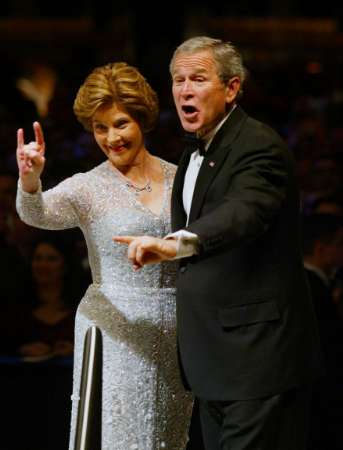
By summer 2008 Russian
power had returned. On Washington’s orders,
the US and Israeli trained and equipped
Georgian army attacked the breakaway
republic of South Ossetia during the early
hours of August 8, killing Russian
peacekeepers and civilian population. Units
of the Russian military instantly responded
and within a few hours the American trained
and equipped Georgian army was routed and
defeated. Georgia was in Russia’s hands
again, where the province had resided during
the 19th and 20th centuries.
.
Putin should have ousted
Mikheil Saakashvili, the American puppet
installed as president of Georgia by the
Washington-instigated “Rose Revolution”, and
reincorporated Georgia into the Russian
Federation. Instead, in a strategic error,
Russia withdrew its forces, leaving
Washington’s puppet regime in place to cause
future trouble for Russia. Washington is
pushing hard to incorporate Georgia into
NATO, thus adding more US military bases on
Russia’s border. However, at the time,
Moscow thought Europe to be more independent
of Washington than it is and relied on good
relations with Europe to keep American bases
out of Georgia.
. 
Today the Russian
government no longer has any illusion that
Europe is capable of an independent foreign
policy. Russian President Vladimir Putin has
stated publicly that Russia has learned that
diplomacy with Europe is pointless, because
European politicians represent Washington’s
interest, not Europe’s. Foreign Minister
Sergei Lavrov recently acknowledged that
Europe’s Captive Nation status has made it
clear to Russia that Russian goodwill
gestures are unable to produce diplomatic
results.
. 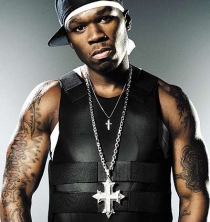
With Moscow’s delusion
shattered that diplomacy with the West can
produce peaceful solutions, reality has set
in, reinforced by the demonization of
Vladimir Putin by Washington and its vassal
states. Hillary Clinton called Putin the new
Hitler. While Washington incorporates former
constituent parts of the Russian and Soviet
empires into its own empire and bombs seven
countries, Washington claims that Putin is
militarily aggressive and intends to
reconstitute the Soviet empire. Washington
arms the neo-nazi regime Obama established
in Ukraine, while erroneously claiming that
Putin has invaded and annexed Ukrainian
provinces. All of these blatant lies are
echoed repeatedly by the Western
presstitutes. Not even Hitler had such a
compliant media as Washington has.
.
Every diplomatic effort by
Russia has been blocked by Washington and
has come to naught. So now Russia has been
forced by reality to update its military
doctrine. The new doctrine approved on
December 26 states that the US and NATO
comprise a major military threat to the
existence of Russia as a sovereign
independent country.
. 
The Russian document cites
Washington’s war doctrine of pre-emptive
nuclear attack, deployment of anti-ballistic
missiles, buildup of NATO forces, and intent
to deploy weapons in space as clear
indications that Washington is preparing to
attack Russia.
.
Washington is also
conducting economic and political warfare
against Russia, attempting to destabilize
the economy with economic sanctions and
attacks on the ruble. The Russian document
acknowledges that Russia faces Western
threats of regime change achieved through
“actions aimed at violent change of the
Russian constitutional order,
destabilization of the political and social
environment, and disorganization of the
functioning of governmental bodies, crucial
civilian and military facilities and
informational infrastructure of Russia.”
Foreign financed NGOs and foreign owned
Russian media are tools in Washington’s
hands for destabilizing Russia.
.
Washington’s reckless
aggressive policy against Russia has
resurrected the nuclear arms race. Russia is
developing two new ICBM systems and in 2016
will deploy a weapons system designed to
negate the US anti-ballistic missile system.
In short, the evil warmongers that rule in
Washington have set the world on the path to
nuclear armageddon.
. 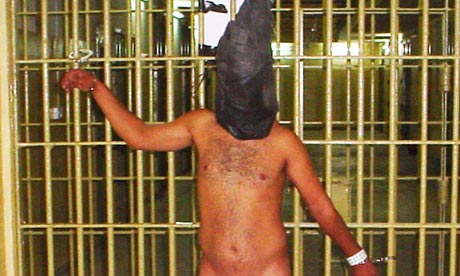
The Russian and Chinese
governments both understand that their
existence is threatened by Washington’s
hegemonic ambitions. Larchmonter reports
that in order to defeat Washington’s plans
to marginalize both countries, the Russian
and Chinese governments have decided to
unify their economies into one and to
conjoin their military commands. Henceforth,
Russia and China move together on the
economic and military fronts.
http://www.mediafire.com/view/08rzue8ffism94t/China-Russia_Double_Helix.docx
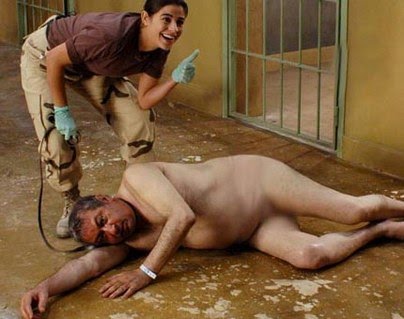
The unity of the Bear and
the Dragon reduces the crazed
neoconservatives’ dream of “an American
century” to dangerous nonsense. As
Larchmonter puts it, “The US and NATO would
need Michael the Archangel to defeat
China-Russia, and from all signs Michael the
Archangel is aligned with the Bear and its
Orthodox culture. There is no weapon, no
strategy, no tactic conceivable in the near
future to damage either of these rising
economies now that they are ‘base pairs.’”
. 
Larchmonter sees hope in
the new geopolitics created by the
conjoining of Russia and China. I don’t
dispute this, but if the arrogant
neoconservatives realize that their
hegemonic policy has created a foe over
which Washington cannot prevail, they will
push for a pre-emptive nuclear strike before
the Russian-Chinese unified command is fully
operational. To forestall a sneak attack,
Russia and China should operate on full
nuclear alert.
. 
The US economy–indeed the
entire Western orientated economy from Japan
to Europe–is a house of cards. Since the
economic downturn began seven years ago, the
entirety of Western economic policy has been
diverted to the support of a few over-sized
banks, sovereign debt, and the US dollar.
Consequently, the economies themselves and
the ability of populations to cope have
deteriorated.
. 
The financial markets are
based on manipulation, not on fundamentals.
The manipulation is untenable. With debt
exploding, negative real interest rates make
no sense. With real consumer incomes, real
consumer credit, and real retail sales
stagnant or falling, the stock market is a
bubble. With Russia, China, and other
countries moving away from the use of the
dollar to settle international accounts,
with Russia developing an alternative to the
SWIFT financial network, the BRICS
developing alternatives to the IMF and World
Bank, and with other parts of the world
developing their own credit card and
Internet systems, the US dollar, along with
the Japanese and European currencies that
are being printed in order to support the
dollar’s exchange value, could experience a
dramatic drop in exchange value, which would
make the import-dependent Western world
dysfunctional.
.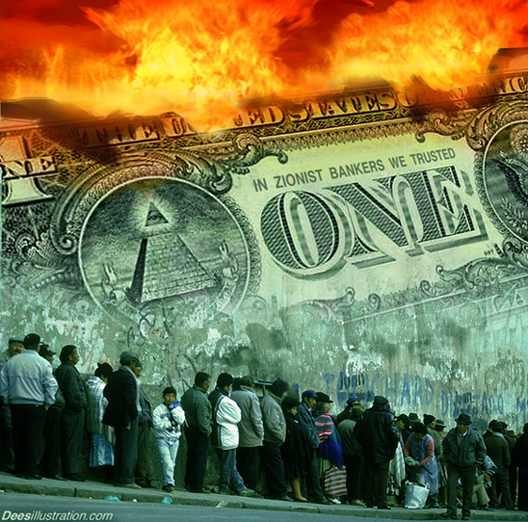
In my opinion, it took the
Russians and Chinese too long to comprehend
the evil that has control in Washington.
Therefore, both countries risk nuclear
attack prior to the full operational
capability of their conjoined defense. As
the Western economy is a house of cards,
Russia and China could collapse the Western
economy before the neoconservatives can
drive the world to war. As Washington’s
aggression against both countries is crystal
clear, Russia and China have every right to
the following defensive measures.
. 
As the US and EU are
conducting economic warfare against Russia,
Russia could claim that by wrecking the
Russian economy the West has deprived Russia
of the ability to repay loans to the
European banks. If this does not bring down
the thinly capitalized EU banks, Russia can
announce that as NATO countries are now
officially recognized by Russian war
doctrine as an enemy of the Russian state,
Russia can no longer support NATO’s
aggression against Russia by selling natural
gas to NATO members. If the shutdown of much
of European industry, rapidly rising rates
of unemployment, and bank failures do not
result in the dissolution of NATO and thus
the end of the threat, the Chinese can act.
. 
The Chinese hold a very
large amount of dollar-denominated financial
assets. Just as the Federal Reserve’s
agents, the bullion banks, dump massive
shorts onto the bullion futures markets
during periods of little activity in order
to drive down the bullion price, China can
dump the equivalent in US Treasuries of
years of Quantitative Easing in a few
minutes. If the Federal Reserve quickly
creates dollars with which to purchase the
enormous quantity of Treasuries so that the
financial house of cards does not implode,
the Chinese can then dump the dollars that
they are paid for the bonds in the currency
market. Whereas the Federal Reserve can
print dollars with which to purchase the
Treasuries, the Fed cannot print foreign
currencies with which to buy the dollars.
. 
The dollar would collapse,
and with it the power of the Hegemon. The
war would be over without a shot or missile
fired.
.
In my view, Russia and
China owe it to the world to prevent the
nuclear war intended by the neoconservatives
simply by replying in kind to Washington’s
economic warfare. Russia and China hold all
the cards. Not Washington.
. 
Russia and China should
give no warning. They should just act.
Indeed, instead of step by step, Russia and
China could simultaneously use the
counter-measures. With four US banks holding
derivatives totaling many times world GDP,
the financial explosion would be the
equivalent to a nuclear one. The US and
Europe would be finished, and the world
would be saved.
.
Larchmonter possibly is
correct. 2015 could be a very good year, but
pre-emptive economic moves by Moscow and
Beijing could be required. Putin’s current
plan seems to be to turn away from the West,
ignore the provocations, and mesh Russia’s
strategic and economic interests with those
of Asia. This is a humane and reasonable
course of action, but it leaves the West
untroubled and undistracted by its economic
vulnerabilities. An untroubled West remains
a grave danger not only to Russia and China
but also to Americans and the entire world.
________________________________
Dr. Paul Craig Roberts was
Assistant Secretary of the Treasury for
Economic Policy and associate editor of the
Wall Street Journal. He was columnist for
Business Week, Scripps Howard News Service,
and Creators Syndicate. He has had many
university appointments. His internet
columns have attracted a worldwide
following. Roberts' latest books are
The Failure of Laissez Faire Capitalism and
Economic Dissolution of the West and
How America Was Lost.


